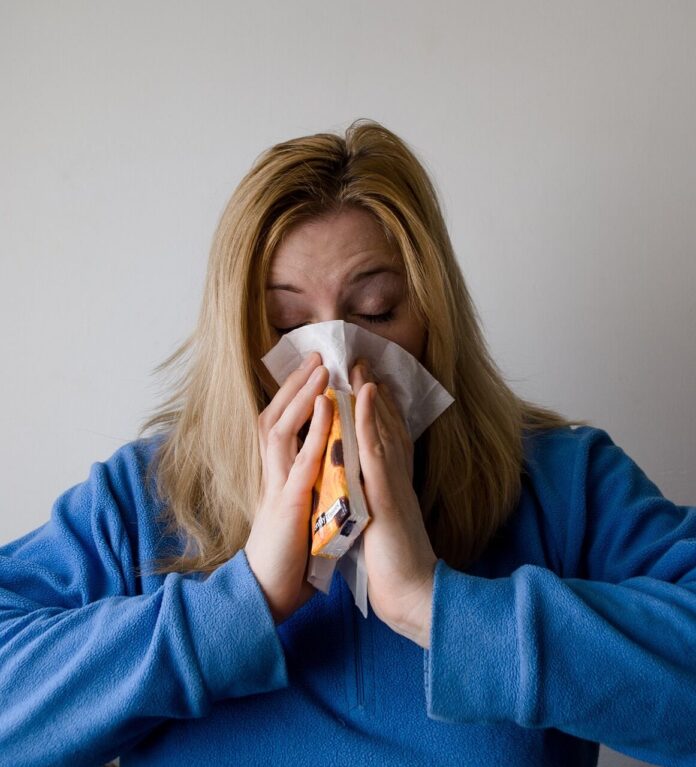Huron Perth Public Health (HPPH) is reporting the first lab-confirmed case of Influenza for the 2024-2025 season.
HPPH is also reporting COVID-19 and respiratory viruses including respiratory syncytial virus (RSV) and Mycoplasma pneumoniae continue to circulate in Huron and Perth.
Public health urges residents to protect themselves and others from illness, especially during the holidays, with more group gatherings.
“Everyone has a role to play to reduce the spread of respiratory illness,” Dr. Miriam Klassen, Medical Officer of Health at HPPH, said in a media release.
Klassen said using multiple layers of protection can reduce the risk of spreading or developing respiratory illnesses, including those caused by M. pneumoniae and other pathogens such as influenza, SARS-CoV-2 and RSV.
Respiratory illness is spread from respiratory droplets that come out of your nose and mouth when you cough, sneeze, breathe or talk. Close contact with someone who is sick, or touching a surface or object with a virus or bacteria on it, then touching your mouth, nose or eyes, increases risk of illness.
To help protect from respiratory illness you can wash or sanitize hands often; cover coughs and sneezes with your arm (not your hands) or with a tissue; wear a mask in indoor public settings or in crowded spaces; practice physical distancing and spend time outdoors or in well ventilated indoor spaces when possible.
You can also stay home when sick, and not go out in public until symptoms improve for 24 hours (48 hours for nausea, vomiting and/or diarrhea) and wear a mask for 10 days following the onset of illness to prevent further spread.
For 10 days following onset of illness, you should avoid visiting people at higher risk of severe illness including people in long-term care or hospital.
Other tips:
- Get vaccines recommended for your age and health status, including seasonal influenza and COVID-19 vaccines
- Create a plan with your healthcare provider to access antiviral medications for those with chronic health conditions that put you at higher risk for complications and hospitalization.
- Seek medical care if you develop worrisome new symptoms such as wheezing or difficulty breathing, or if symptoms are severe, persistent, or worsening despite treatment.
Common seasonal respiratory viruses may not require medical assessment or specific treatments like antibiotics.
People with pre-existing chronic health conditions may be at higher risk of more severe disease. You should seek medical care if you or your child has severe, persistent, or worsening symptoms, especially if at higher risk of developing severe disease.






